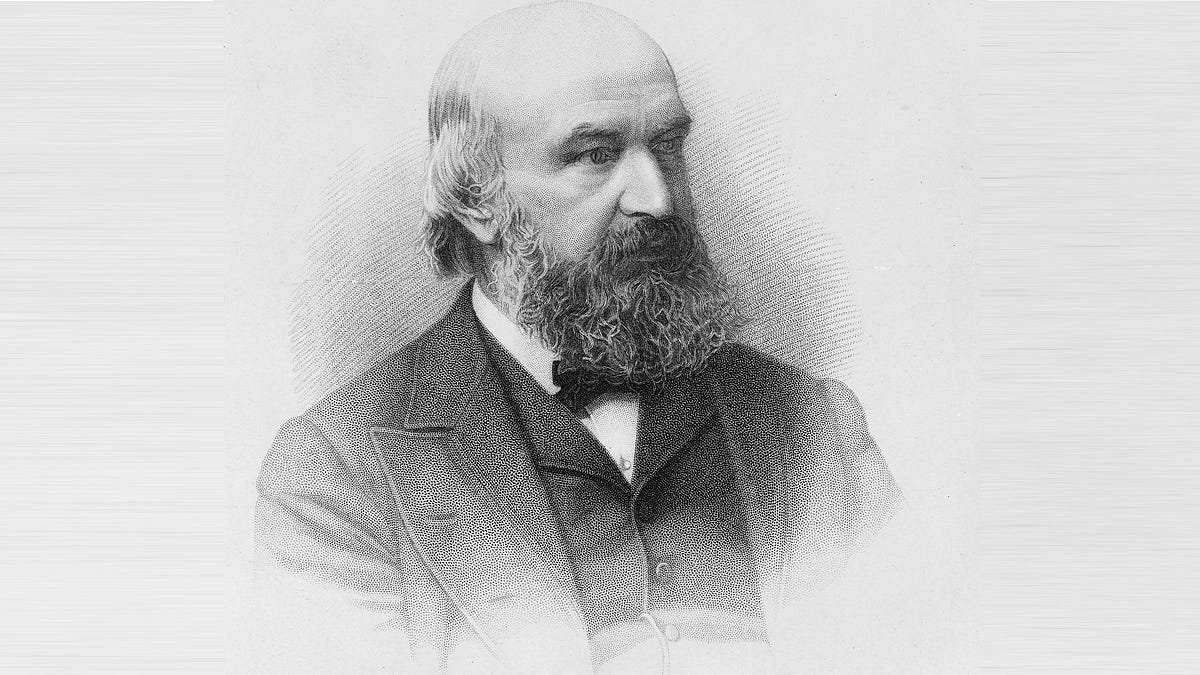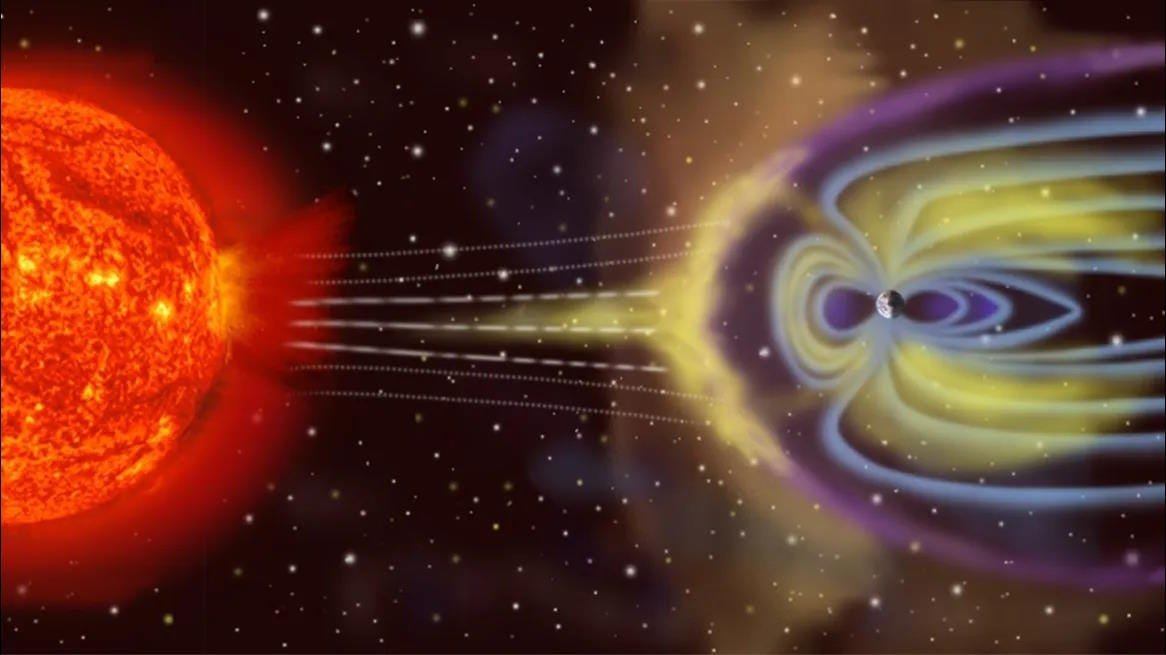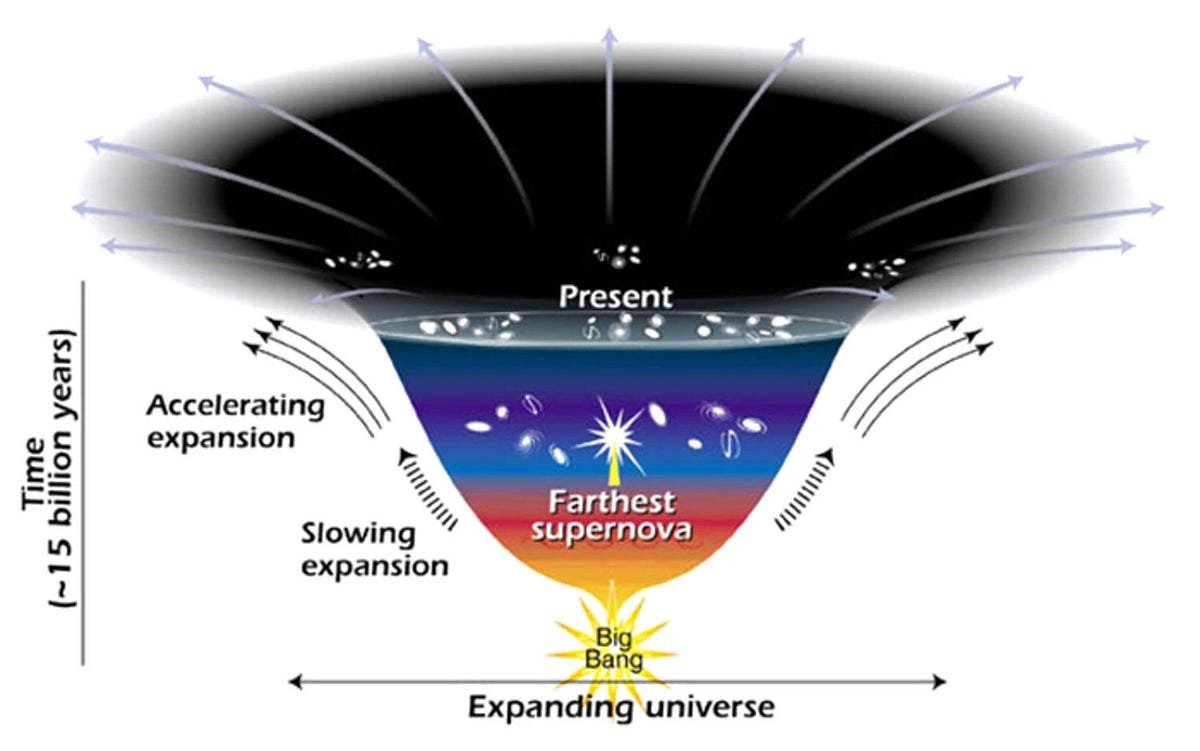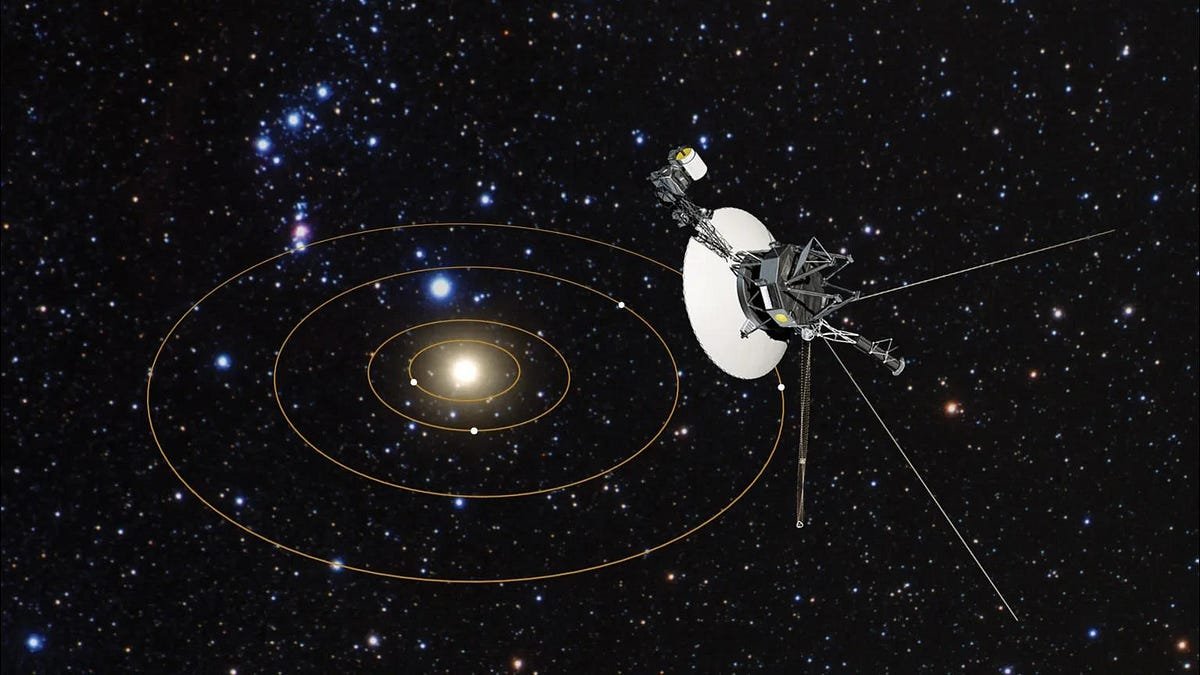
Why scientists think the Multiverse isn’t just fiction | by Ethan Siegel | Starts With A Bang! | Mar, 2024
The Multiverse fuels some of the 21st century’s best fiction stories. But its supporting pillars are on extremely stable scientific footing.
Everywhere we look in the Universe, we see many examples of objects that are similar, but each one is unique. Of all the galaxies, stars, and planets we know of, no two are identical, but rather each one has its own unique history, properties, and composition. Yet it’s a compelling idea that, given enough Universe to work with, eventually the particles within it would have organized themselves in such a way that the same possibility — no matter how unlikely — occurs multiple different times. Perhaps, given the idea of an infinite Universe, there may even be an infinite number of copies of every single system we can imagine, including planet Earth, complete with each and every one of us living on it.
It’s this idea, that there might be an infinite number of copies of each one of us out there, somewhere, that gave rise to our modern notion of the Multiverse. Perhaps there are different versions of us out there, where one tiny decision, outcome, or even a quantum measurement led to a vastly different result down the road. While many have derided the Multiverse as a fundamentally unscientific idea — as, after all, there’s no way to see, test, or access information about any portion of the cosmos beyond our limited observable Universe — the fact is that the Multiverse’s very existence is rooted in science itself. In fact, if just two things are true:
- that cosmic inflation, which preceded and set up the Big Bang, occurred as we think it did,
- and that inflation, like all other fields in the Universe, is inherently a quantum field in nature, obeying all the quantum rules that other quantum theories obey,
then a Multiverse comes along as an inevitable consequence of those ideas. Here’s why physicists, despite the objections of a few, overwhelmingly claim that a multiverse must exist.




